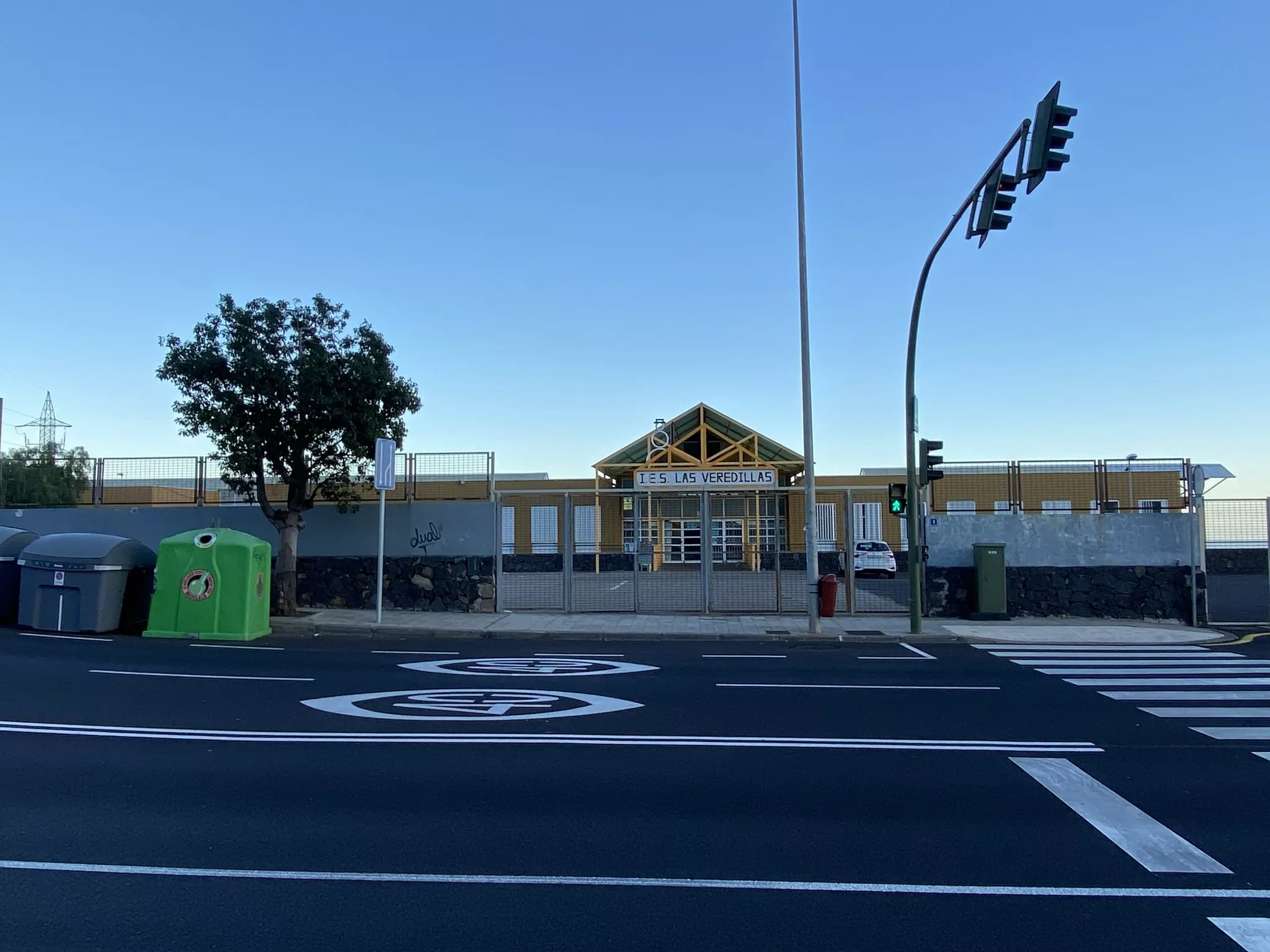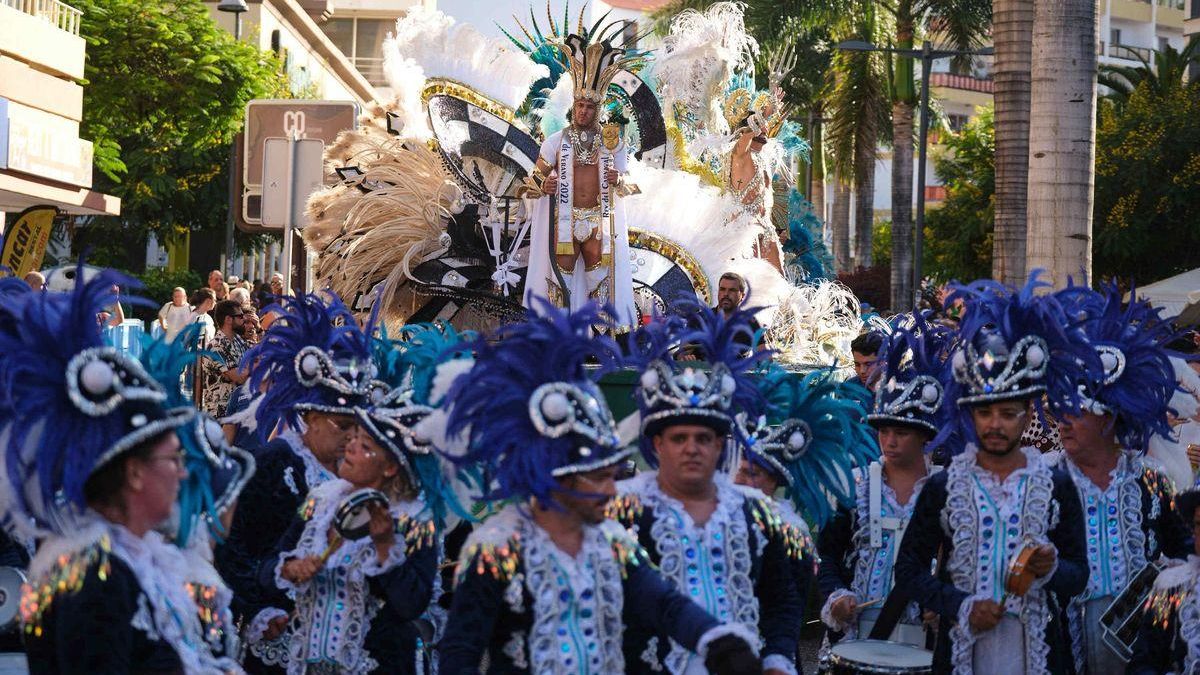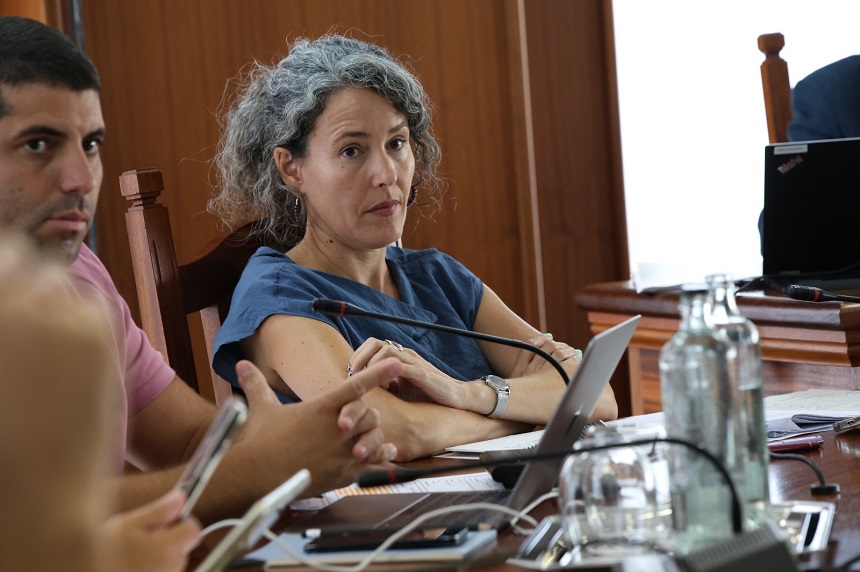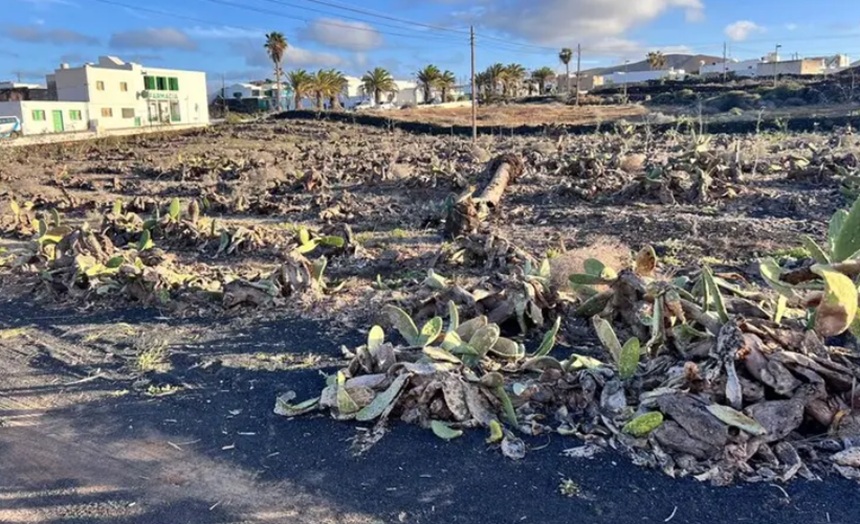
The Government of the Canary Islands has intensified its appeal to the European Union this Monday, urging for a distinction between adult and minor migrants in the allocation of funds and the deployment of Frontex in the waters surrounding the islands. This request aims to improve the detection of migrant boats before they reach the shore.
This was communicated to journalists by President Fernando Clavijo, prior to his meeting with a delegation of Members of the European Parliament, led by Bogdan Rzonca, the President of the Petitions Committee.
Push for Funds and Clarity
Clavijo praised the visit, stating it demonstrates that European institutions are more attuned to the realities of the Canary Islands than the Spanish state itself. He emphasised the need to clarify the status of minors and adults when it comes to funding, highlighting that a member state receives funds without discrimination. In light of the government’s “failure” in foreign policy, it is essential to ensure “dignified care” for migrants.
According to Clavijo, additional funds are needed to support minor migrants, as Spain has thus far received €560 million, yet from the €50 million agreed upon last year, along with this year’s funds, “not a single euro” has arrived. These resources are sent from the EU to the member state.
Criticism of Financial Shortfalls
He expressed frustration over the “injustice” of the Canary Islands having to cover €192 million of last year’s costs for accommodating minor migrants, with over €130 million already spent this year. “We do not believe this is fair,” he stated, questioning the necessity of waiting for the Supreme Court, as was the case with asylum seekers.
Clavijo believes that there needs to be an enhancement of “protection” for the islands through the deployment of Frontex, although he refrained from linking immigration to crime, arguing that there is “no direct correlation,” despite the fact that boats arrive undetected until alerted by “a neighbour or 112.”
“It does not seem normal to us,” he explained, and expressed gratitude for the “excellent work” conducted by Maritime Rescue and the State Security Forces.
Call for European Support
The Vice President of the Government, Manuel Domínguez (PP), thanked the MEPs for visiting to “witness” the realities of irregular immigration in the Canary Islands, urging them to see it as a broader EU issue and not merely a local phenomenon.
“We need support from the EU,” he stressed, proposing that there should be an increased Frontex presence in the islands. He cited a recent incident involving a fishing boat carrying five migrants, including one minor, which ran aground on the coast of Lanzarote, highlighting a serious environmental impact.
Domínguez called for the migration phenomenon to be handled “with the seriousness it deserves” and for Canary Islands to feel that they are “safe,” being part of the EU. He questioned whether Frontex would be more active if the archipelago were part of the mainland.
He acknowledged that the central government needs to request Frontex’s deployment, yet he believes the EU should “urge” the government to take joint actions at this time.
New Legislative Solutions Needed
Meanwhile, Bogdan Rzonca, the President of the European Parliament’s Petitions Committee, stated on Monday that new “legislative solutions” and more funding are necessary to address the challenges of the Canary Islands migration route.
In comments to the press before meeting with representatives of the Government of the Canary Islands alongside a group of MEPs, including Spaniards Jorge Buxadé and Sandra Gómez, he underlined the importance of considering the security of the continent.
“It’s vital that we live safely within the EU,” he detailed, referencing global conflicts such as the invasions of Ukraine and Gaza. He believes this visit will “help” in “understanding the problem and seeking a solution,” noting that the EU already possesses tools such as the asylum pact.
Rzonca indicated that the visit, which will last until Thursday, was prompted by a letter from a Spanish citizen. He acknowledged that while immigration is not a “new topic,” it remains “very important,” as there is a need to “quantify” the assistance required by migrants.
He stated that they aim to gather comprehensive information from those managing immigration, having visited the Las Raíces camp in La Laguna and met with representatives from Frontex and the EU Asylum Agency, stressing the need to “understand” the current situation.
In this context, he noted that the Las Raíces centre is “well prepared, very clean” and hosts “many young people,” thus insisting on the need to find a “solution” such that they “do not need to come to Europe.”
The MEP pointed out that addressing the migration phenomenon requires many “approaches,” and that “all” stakeholders need to collaborate and coordinate to seek a viable solution, while also listening to the demands of Frontex for additional resources to perform its tasks.
Agencies EP













